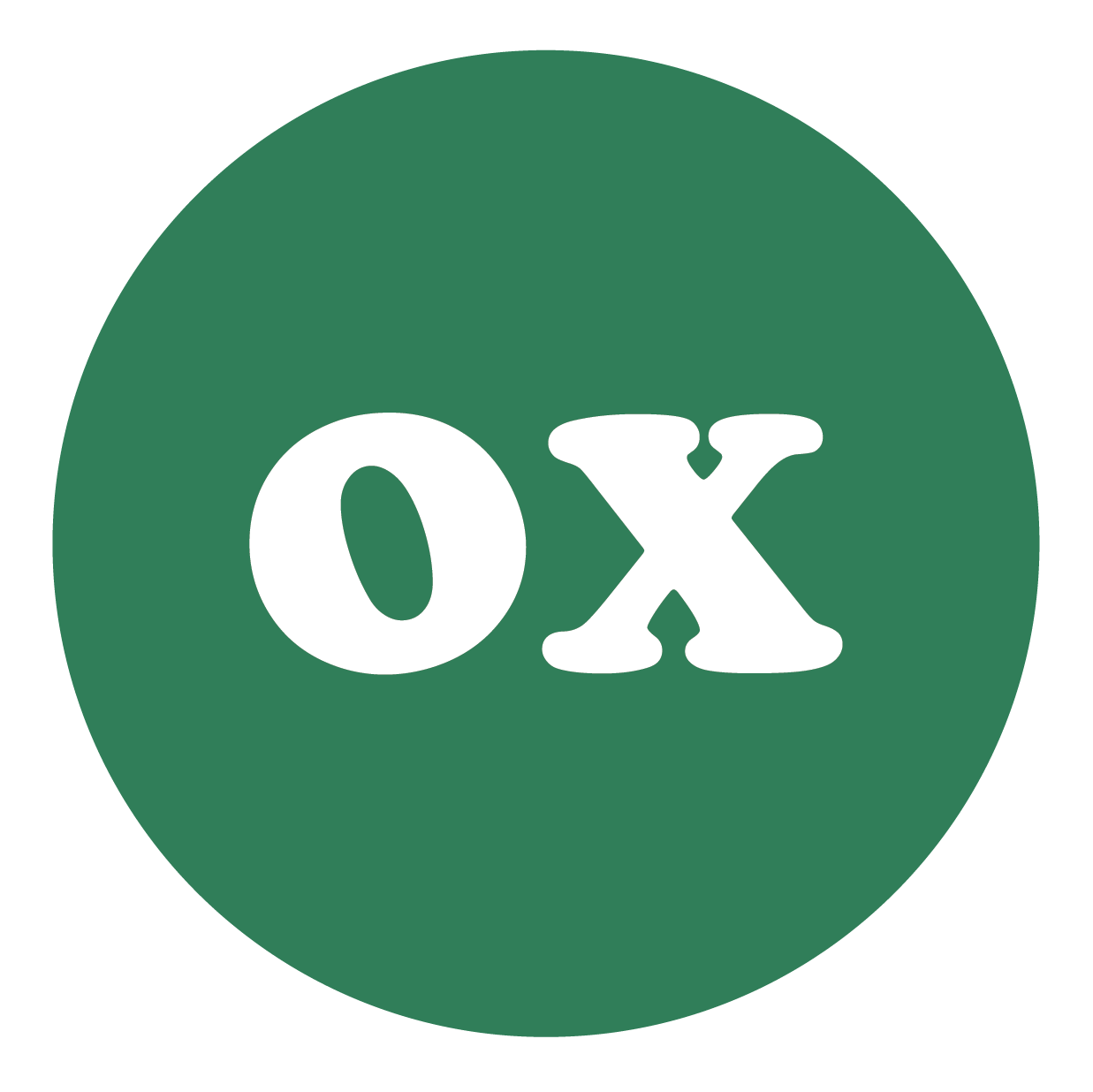The Mother and the copy, the copy, the copy, the copy…, 2022, paper, poplar wood, walnut stain, wood glue, 11x 26 in.
Book binder and maker bex ya yolk speaks to their passions: queering the maternal complex, broadening the cannon, and (of course) bookmaking.
“Thungry is a neologism,” Artist bex ya yolk explains, “a combination of two words: thirst and hunger.” THUNGRY is also the name of yolk’s independent book bindery. That evocation, hunger and thirst, encompasses how the bookmaking process started for yolk. “It’s kind of a compulsion,” they share, “I’m not a religious person, but I felt called to make books.” The process began in undergrad through their studies in graphic design. Yolk noted laughingly that most artists might make one or two artist books over their career to capture a specific exhibition or collection, but yolk had stumbled into making a whole practice out of book bindery.
Amidst the indie press community, yolk finds a distinct importance and sense of hope. “The publishing cannon in America, in capitalist America, is failing,” yolk says. In contrast, they see indie presses stepping in to fill the gap, “They’re carving out ways to exist and move forward,” and the contributions of indie presses and binderies are broadening the canon. It is yolk’s desire that THUNGRY will elevate and partner with queer and BIPOC artists. Collaboration, yolk specifies, is a core part of the work.
In general, collaboration is not uncommon in the world of indie presses. For yolk, partnerships keep the work engaging. There is a loss of control that they understand to be daunting, yet essential. They find that within collaborative work “it becomes more experiential, you’re excited about the literal joy of making, which gets lost when you’ve been doing this [alone] for a couple years.” To add a collaborator is to lose certainty, and thereby reinsert mystery. “We do this to connect with other people. Very simply, I am doing this to have someone else be like, ‘Yeah, me too,’” a moment and affirmation, which happens organically and in live time with collaborators.
Book Belly (the first prototype)/ 2021, acrylic, screenprint ink, zinc-plated wood joiners, nylon straps, matte, sealant, 13 x 45 x 7.5 x 1/8 in.
In addition to yolk’s bindery, they also have a rich research and writing practice rooted most substantially in exploration of the maternal complex. Their work asks, “What does it look like when that maternal narrative or that internal need is still there, but it might not be performed in this way that is traditional.” They call the theory they’re developing “the new maternal,” another facet of which includes degendering and queering the maternal. Yolk describes the maternal at its core as a care ethic of protection and nurturance. Even giving attention to something (a person or creative practice) qualifies. By this definition and in yolk’s words “everyone has the propensity for the maternal.” Plant care, teaching art classes, feeding the cat, walking the dog all become a part of the complex.
The research has led to deeply speculative work for yolk. “I’m not really looking for an answer,” they admit. “It’s about posing questions.” This too seems to echo their collaborative work. The stories of others propel yolk forward. They spoke candidly of trauma they faced in the medical system and how what they encountered inspired them to speak loudly about what many AFAB and non-binary people face within the medical system. “I don't have any shame or embarrassment about the things that I've gone through in the healthcare system… I'm very open about that… because if I do [stay silent] they win.” By speaking out, yolk is finding ways not only to empathize and connect with others, but also to resist and destabilize the system that perpetuates this traumatization of AFAB and non-binary people.
Yolk also sees the maternal manifesting within the physicality of books themselves. A book can be seen as both a womb and a shelter. While yolk describes this similarity as a coincidence, it’s one that they’ve embraced within their work. Consequently, feminist theory has woven itself into many of their recent books. This can be seen explicitly in their works “Womb Cage” as well as the wearable “Book Belly,” while other pieces are more intrinsic in their maternal nature such as “Texture Notes,” which was created with handmade paper that yolk produced during their first summer at Ox-Bow.
Womb Cage Book, 2021, muslin, PVA, thread, polyester stuffing, basalt + limestone, 11 x 13 x 1.5 in.
Throughout conversation with yolk, they kept returning to the idea of connecting with others: “If we're really gonna strip away all of the pomp and circumstance… at the core of it, it's about connecting to someone else or a group of people,” yolk says. This summer they hope to continue to do just that through their work as an Artist-in-Residence and as co-faculty for Riso-Relations & Bookish Behavior. They cite books as a powerful material, an object which has been tied for millennia to the human experience. Yolk plans to investigate the intersection of performance and storytelling. They’re asking the question, “How can we explore storytelling through sculpture or dance or movement or sound or voice?” in hopes that their time at Ox-Bow can be, perhaps not a firm answer, but (even more satisfyingly) an exploration of this inquiry.
Headshot of bex ya yolk. Image courtesy of the artist.
Yolk feels this is a project destined for Ox-Bow. “I felt comfortable proposing this as a thing that could only really flourish at Oxbow… because I’ve already spent time there and understand its culture.” Part of this process, yolk feels, is a method of giving back to the campus, which significantly nurtured their own practice. Ox-Bow in turn waits eagerly in hopes of all that this project will surely evolve into.
If you have news or stories you’d like to share about your time at Ox-Bow or beyond, you can contact Engagement Liaison & Storyteller, Shanley Poole, at spoole@ox-bow.org.





